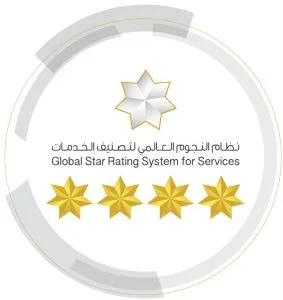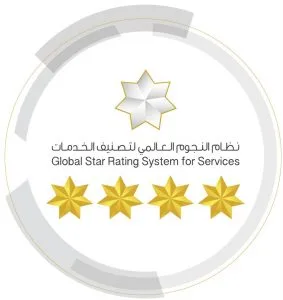18/05/2014
‘Read’ is the first word that descended on the prophet of Islam Mohamed, Peace be upon Him. This is a clear indication of the importance of reading in human life so the nation of Islam gives it the attention it deserves. This is route that leads to knowledge and science.
No doubt that reading is the food for the mind and the soul. Through reading, we learn about the experience of others, the news of the past and the present and equip ourselves with the knowledge which is useful in our scientific, professional and personal lives.
It is regretful that many among the youth moved away from serious and intellectually enriching reading towards the trivial. They abandoned useful reading in favor of reading that only entertains and kills time.
Reading has always been the most significant fruit of the human mind. It is the largest source of knowledge and the widest means of intellectual nourishment and rejuvenation. It leads to human development and opens before the reader the path towards progress. If you ignore it, it leads to the decline of the mind and the darkness of ignorance. Moreover, it pushes human being backward at both the individual and social levels.
An important duty of any family is to encourage children to read and allocate time for it. In this munificent country, there are hundreds of libraries spread all over, offering an anchor for those who are greedy for knowledge.
To sum up, reading is the window through which you view the beauty of life. This is an invitation to you all to return to useful books, which are more often than not more beneficial than even friends as Mutanabbi rightly said: “The best companion in these times is the book.”
Let us read so we progress in knowledge.



